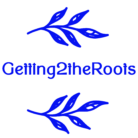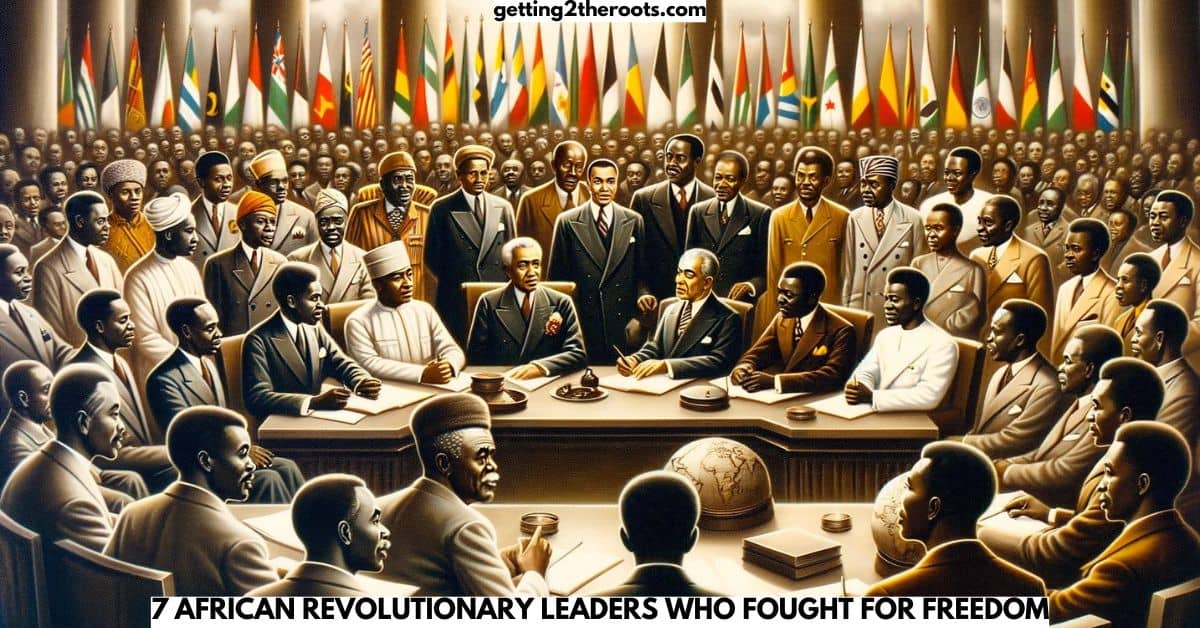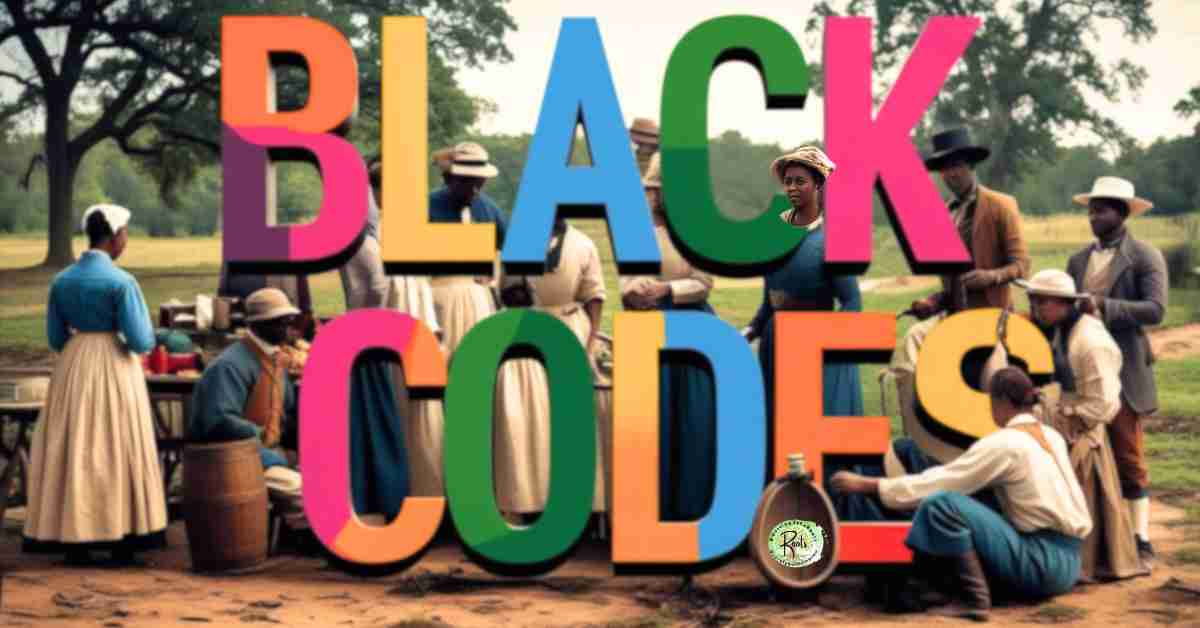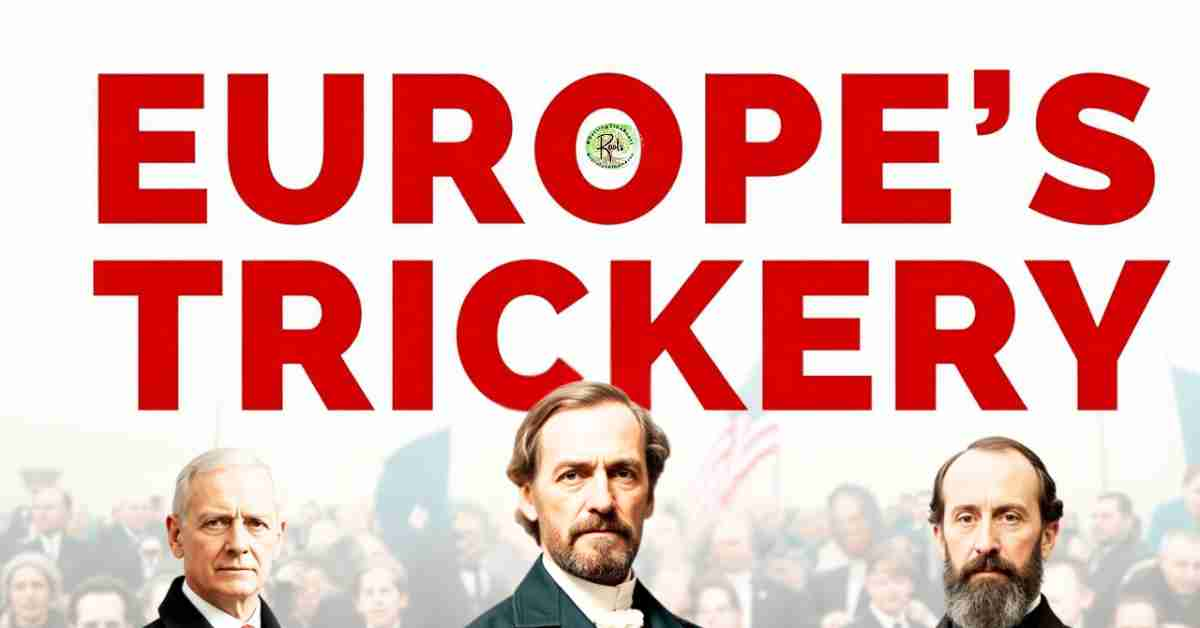The fight for independence in Africa was led by some of the most courageous African Revolutionary Leaders. This article highlights the stories of seven leaders who dedicated their lives to the cause of freedom and justice.
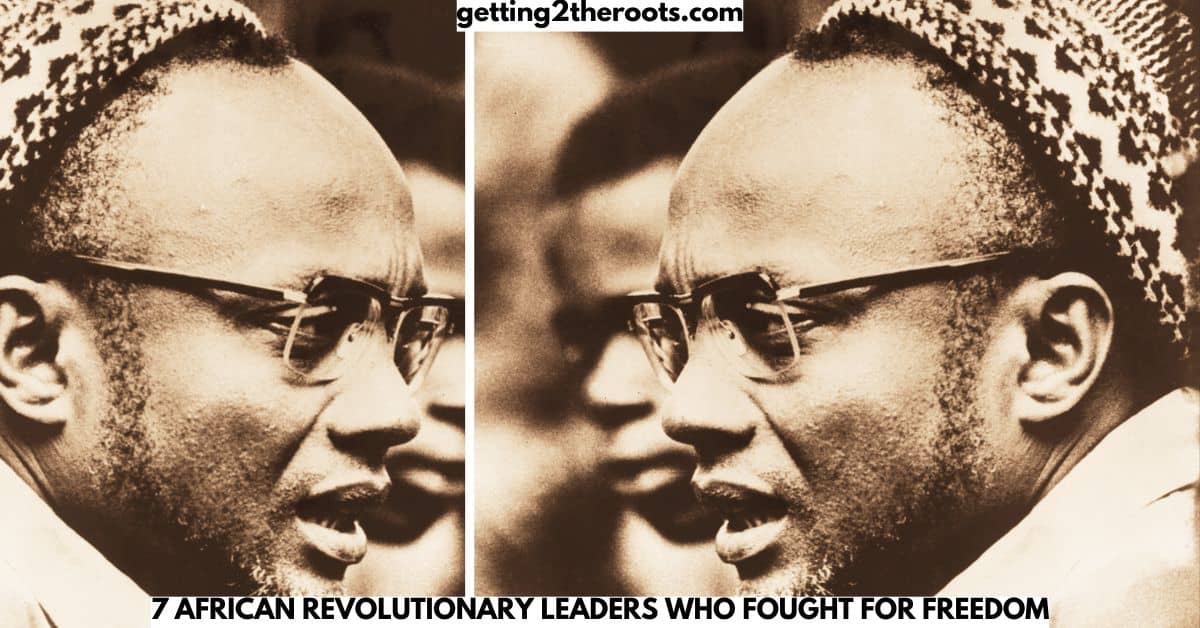
Assassinated by Portuguese agents in Guinea-Bissau.
Who Was Amílcar Cabral, and What Role Did He Play Among African Revolutionary Leaders?
Now, let’s talk about Amílcar Cabral. Ever heard of him? He’s a bit of an unsung hero, but his impact on African liberation is undeniable.
Cabral’s mission was crystal clear: to free Guinea-Bissau and Cape Verde from the shackles of Portuguese colonialism. This was no easy feat, but Cabral was not one to back down from a challenge.
He co-founded and led the PAIGC, a powerful liberation movement that combined armed struggle with social and political mobilization.
Cabral wasn’t just a military leader; he was a brilliant thinker who understood the complex dynamics of colonialism and resistance. His legacy extends far beyond the borders of Guinea-Bissau and Cape Verde.
Cabral’s writings and speeches on guerrilla warfare, national liberation, and cultural identity continue to inspire activists and scholars around the world.
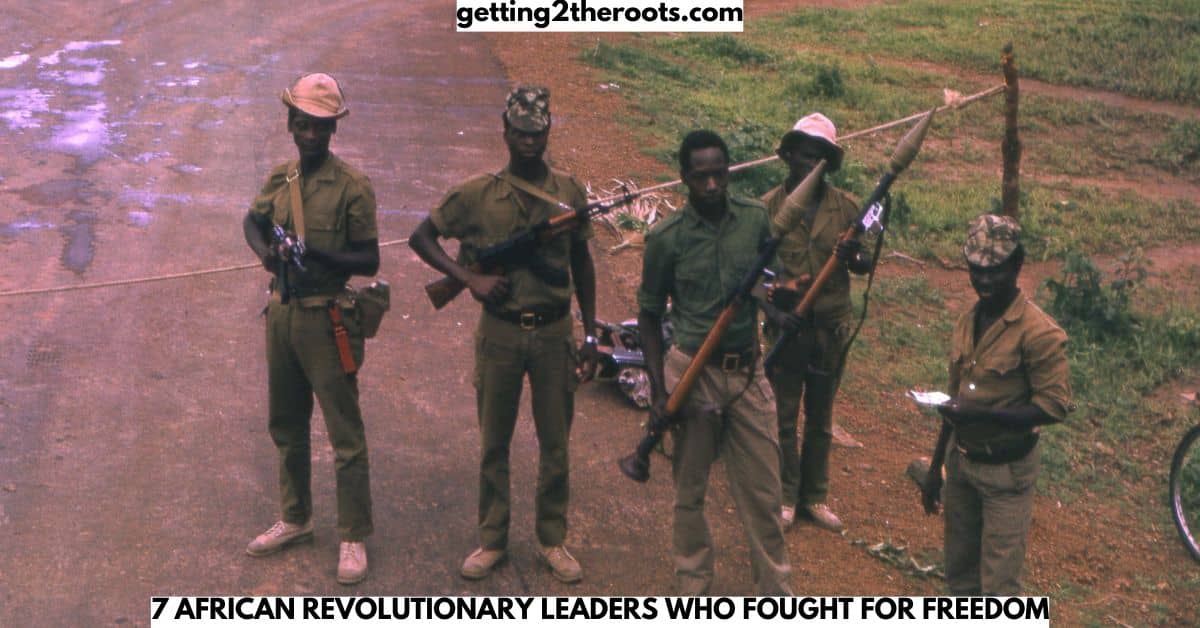
He’s a true revolutionary icon, even if his name isn’t as widely known as some others. Tragically, Cabral was assassinated in 1973, just a year before Guinea-Bissau gained independence.
His death was a devastating blow to the liberation movement, but his vision and determination lived on, ultimately leading to the end of Portuguese rule.
The West feared Cabral because he represented a direct challenge to the colonial system that had exploited Africa for centuries.
His successful guerrilla tactics and his ability to rally people around the cause of self-determination threatened the West’s grip on power in the region.
Cabral’s ideas about reclaiming cultural identity and rejecting the notion of colonial superiority were also deeply unsettling to the Western powers, which had long justified their oppression through claims of “civilizing” Africans.
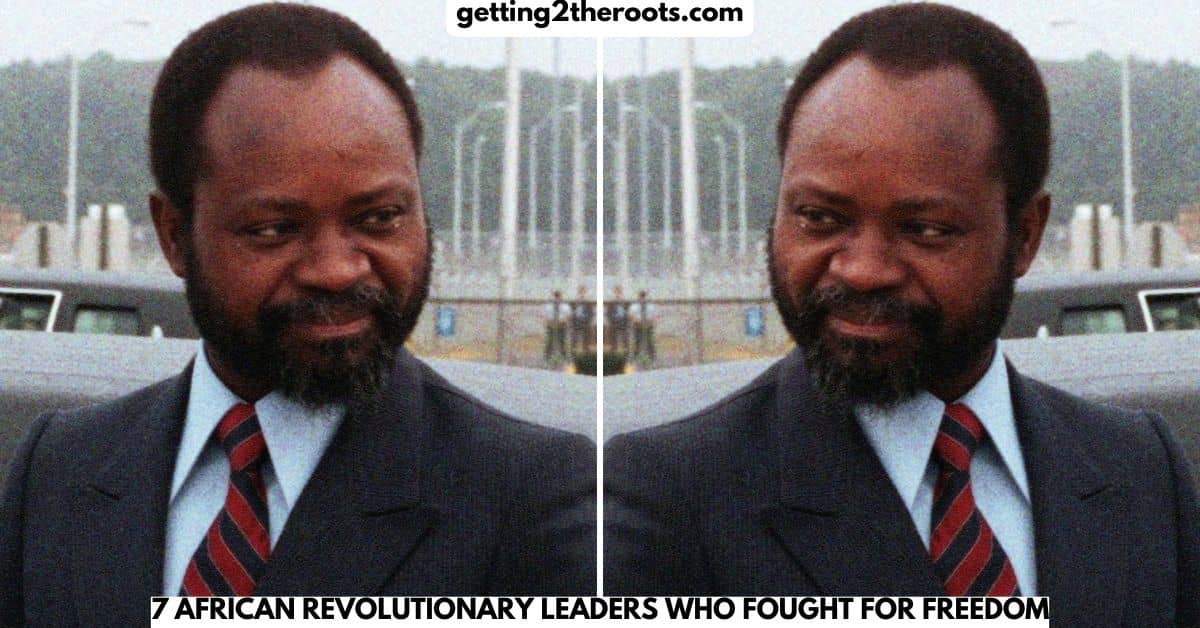
He died in a plane crash, widely suspected to be sabotage orchestrated by apartheid South Africa.
How Did Samora Machel Lead Mozambique to Freedom?
Now, let’s shift our focus to Samora Machel. A name that resonates with the spirit of determination and visionary leadership.
Machel wasn’t just a politician; he was a revolutionary leader whose life was dedicated to the liberation and transformation of Mozambique.
Machel’s mission was ambitious and multi-dimensional. He aimed not only to achieve independence from Portuguese colonial rule.
But also to transform Mozambique into a socialist state.
Machel envisioned a country where resources and wealth were equitably shared among its people, free from the exploitation and inequalities that marked colonial rule.
As the leader of FRELIMO, the Front for the Liberation of Mozambique, Machel was at the forefront of the armed struggle that eventually led to independence in 1975.
His leadership didn’t end with military success;
He became the first President of an independent Mozambique, immediately embarking on ambitious reforms.
He introduced policies to improve education, healthcare, and agriculture, aiming to uplift the living standards of his people.
Samora Machel’s legacy is a powerful testament to his leadership and vision. He remains a symbol of determination and resilience in the face of colonial oppression.
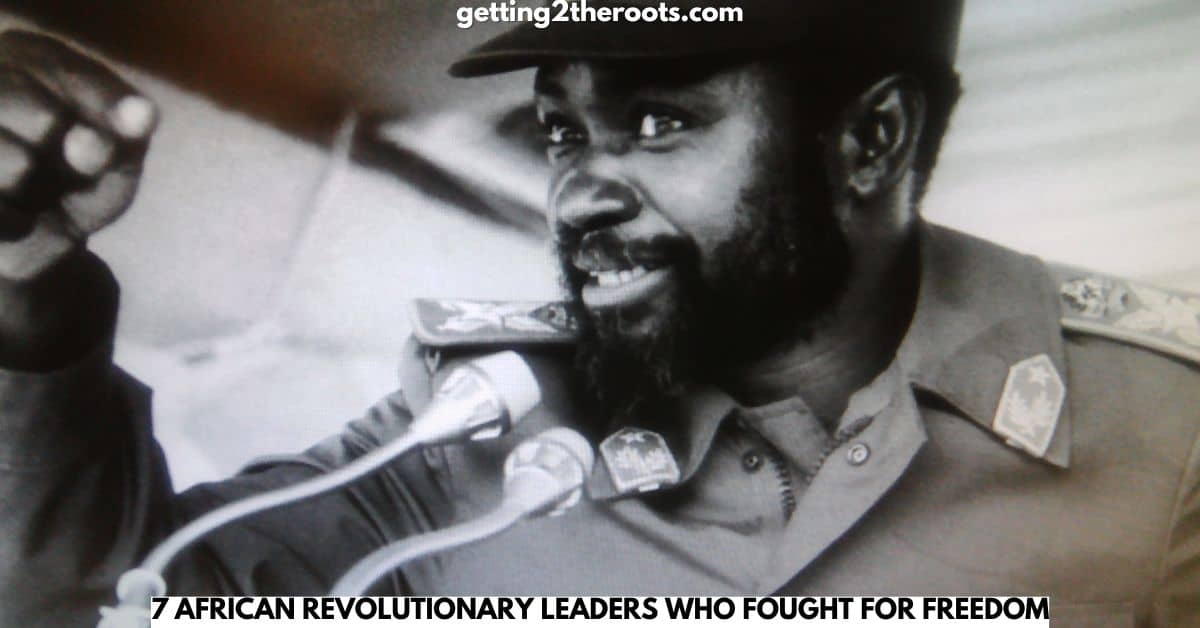
How Samora Machel Exemplified African Revolutionary Leaders in the Fight Against Western Influence
Samora Machel’s vision for a socialist Mozambique, free from the chains of colonial exploitation, was a beacon of hope for many but also a source of unease for Western powers with vested interests in the region.
His close ties with the Soviet Union and other Eastern Bloc countries raised alarms in the West during the height of the Cold War.
Machel’s embrace of socialism was seen as a direct challenge to Western influence and capitalist interests in Africa.
Furthermore, Machel’s unwavering support for anti-apartheid movements in South Africa, and other liberation struggles across Southern Africa placed him in direct opposition to the apartheid regime and its Western allies.
He became a symbol of resistance against racial oppression, further solidifying Western apprehension.
To compound these concerns, Machel’s government nationalized key industries and land holdings, many of which had been under foreign, often Western, ownership.
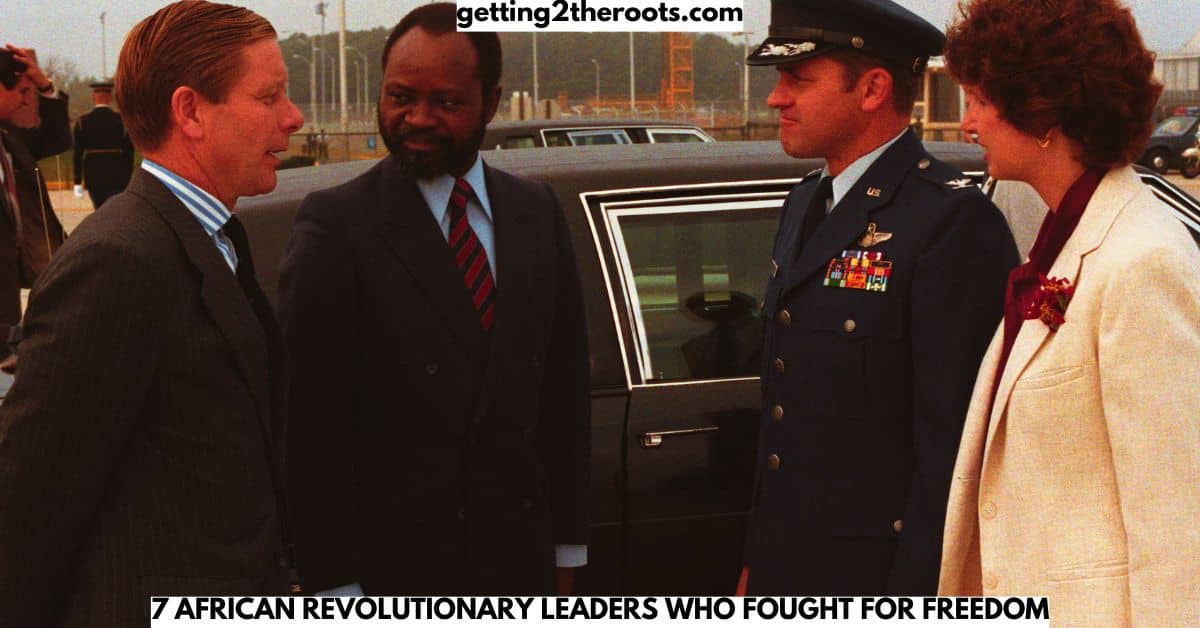
The Impact of African Revolutionary Leaders Like Samora Machel on Anti-Apartheid Movements and Social Justice
This bold move to reclaim Mozambique’s resources for its people fueled anxieties in the West about the spread of socialist policies.
Machel’s tragic death in a plane crash in 1986,
under circumstances that many people believe the South African government’s apartheid policy is to blame, silenced a powerful voice for change.
However, his legacy as a champion of social justice and equality continues to inspire leaders and activists worldwide.
Samora Machel’s life and work serve as a reminder that true leadership requires courage in the face of external threats and the unwavering determination to dismantle internal injustices and build a more equitable society.
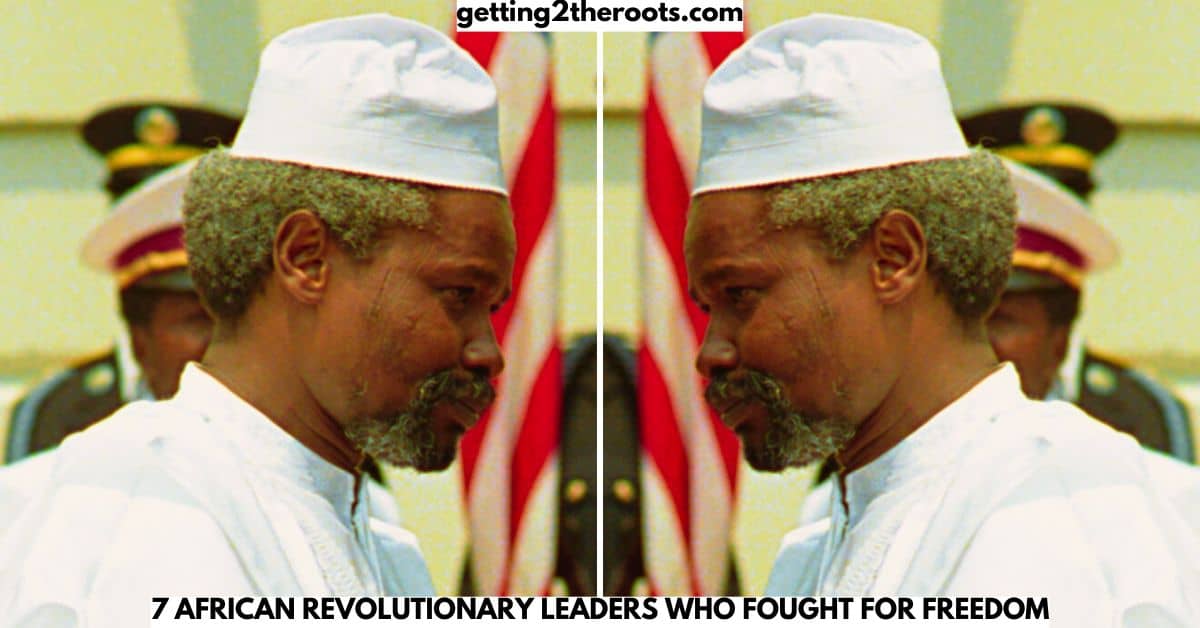
Died in prison
Why Is Hissène Habré Considered One Of The Controversial African Revolutionary Leaders?
How Hissène Habré’s Rule Reflects the Complexities Faced by African Revolutionary Leaders
Next, the story of Hissène Habré, a figure whose rule as President of Chad from 1982 to 1990 was filled with both achievements and severe controversies.
Habré came to power in 1982 with promises of restoring stability and promoting development in Chad after years of conflict.
During his presidency, he oversaw the construction of infrastructure like; roads, schools, and hospitals, improving access to basic services for many Chadians.
His government also supported the agricultural sector and domestic industries, aiming for economic self-sufficiency.
However, Habrés methods were highly criticized, and his regime was accused of widespread human rights violations, including torture, unlawful slayings, and imprisoning people without fair trials.
The infamous secret police, the Documentation and Security Directorate (DDS) became notorious for brutally suppressing dissent and opposition.
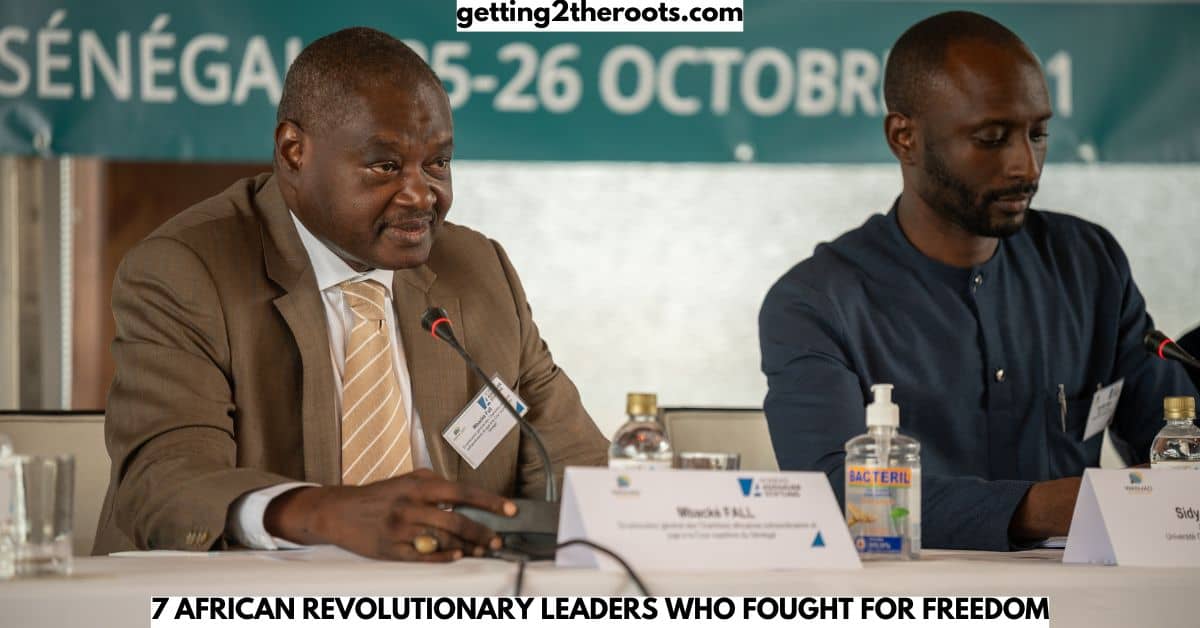
The Role of International Justice in Addressing Crimes by African Revolutionary Leaders
In a groundbreaking move, an African Union-backed special court called the Extraordinary African Chambers (EAC) was established in Senegal to try Habré.
This marked the first time a former head of state faced trial in another country’s courts for human rights abuses.
The EAC had jurisdiction over cases involving serious violations committed in Chad during Habré’s rule from 1982 to 1990, and it received support and cooperation from countries like Belgium, the Netherlands, and the United States.
In 2016, after a lengthy trial, Habré was convicted of crimes against humanity, war crimes, and torture. The evidence presented was extensive, with estimates suggesting tens of thousands of Chadians were killed or tortured under his regime.
He received a life sentence, marking a significant milestone in the fight against impunity for human rights abuses committed by former heads of state.
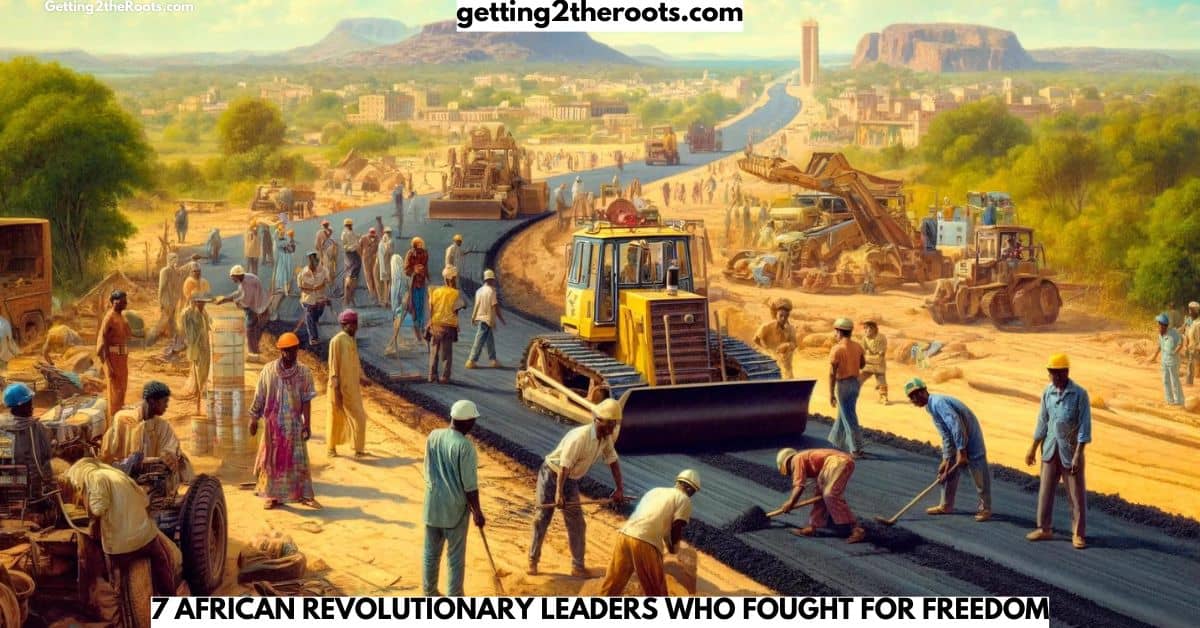
How Western Influence Shaped the Perception of African Revolutionary Leaders Like Hissène Habré
While some analysts contend that Western powers may have overstated or politicized the extent of the violations, they viewed Habré as a threat to their interests in the region. The trial itself was a historic achievement in holding a former leader accountable.
Tragically, Habré died in prison in 2021 at the age of 79, having served only a few years of his life sentence.
His story highlights that geopolitical power and dynamics, rather than an impartial pursuit of justice, often determine accountability for human rights violations.
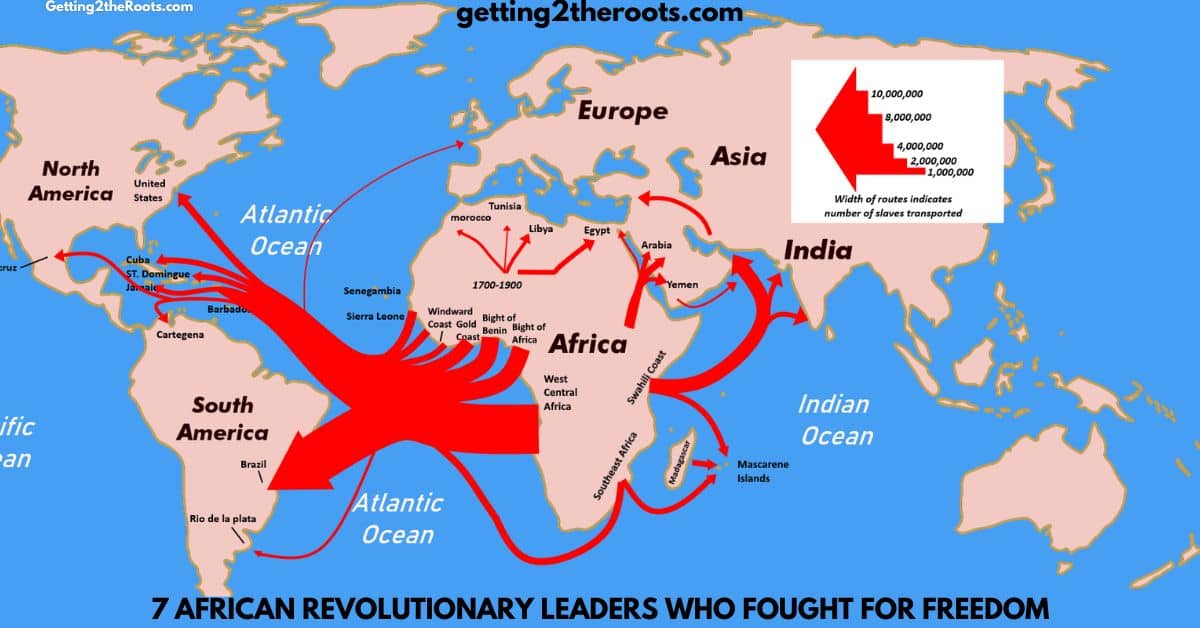
What the Legacy of Hissène Habré Teaches Us About Accountability Among African Revolutionary Leaders
While Habré faced trial and conviction,
Many other leaders and nations have escaped consequences for equally horrific crimes against humanity.
The haunting legacy of the Atlantic slave trade,
Which devastated and dehumanized millions of Africans like myself over centuries, and stands as a glaring example.
European colonial powers benefited greatly from the systemic exploitation and abuse of African people, including through forced labor, violence, and displacement.
Yet, they have not been held accountable on a global scale for these atrocities. Even in modern times, we witness powerful nations committing war crimes, enabling genocides, and oppressing their own citizens with impunity.
- From the massacre of protesters
- To the horrors of colonialism and slavery in Africa
- To the targeted slayings of unarmed Black men and women by police in the United States,
- Due to the ongoing displacement and oppression of Indigenous communities worldwide,
- Those in positions of power have repeatedly violated the rights of the most vulnerable.
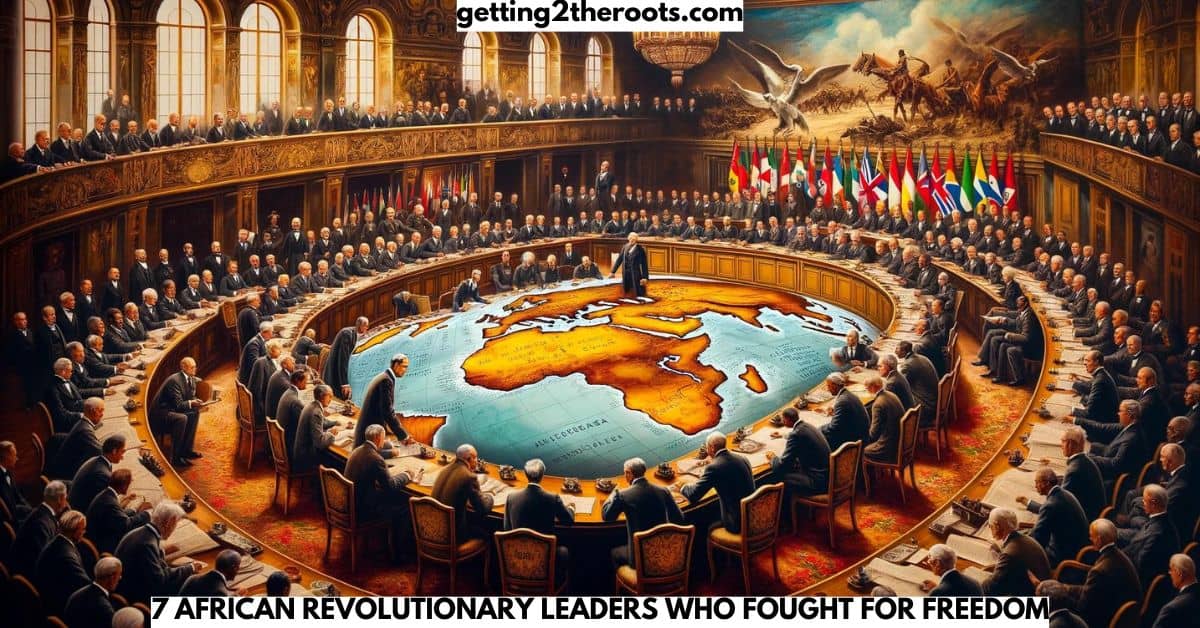
The reason some nations face consequences while others do not often comes down to a nation’s political, economic, and military might on the world stage.
Powerful countries can leverage their influence to avoid prosecution. While leaders of smaller, less influential nations are more vulnerable to being made examples of.
Habré’s trial highlighted the long road ahead in achieving true, equal justice for all victims of human rights atrocities, regardless of the perpetrating nation’s clout.
These injustices highlight the urgent need for global solidarity and a collective commitment to upholding human rights for all.
Regardless of race, ethnicity, or socioeconomic status, we must continue to demand accountability from those who abuse their power. And work tirelessly to dismantle the systemic inequalities that perpetuate these violations.
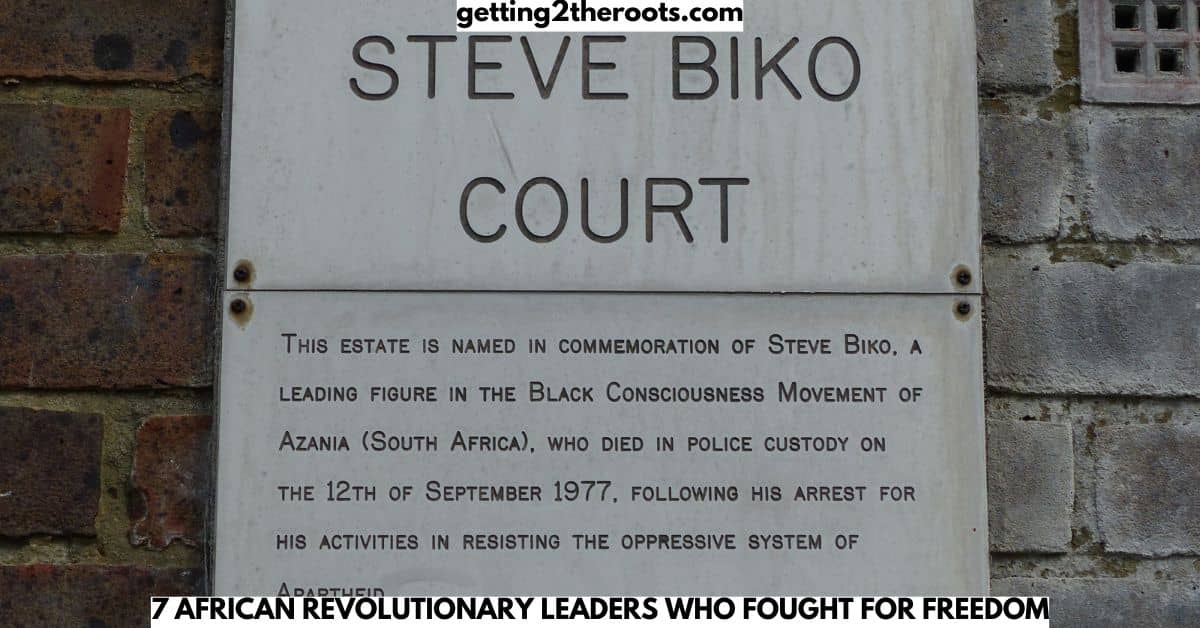
Died in police custody in South Africa.
What Role Did Steve Biko Play in the Anti-Apartheid Movement
How Steve Biko’s Philosophy of Black Consciousness Influenced African Revolutionary Leaders
Now, let’s turn to Steve Biko, a name that stands out in the history of South Africa as a beacon of courage and a voice for racial dignity.
Biko wasn’t just a political activist; he was a visionary whose ideas about black empowerment and self-awareness changed the course of the nation. Biko’s mission was deeply rooted in the psychological emancipation of South Africans.
Biko believed that before physical liberation, black people needed to break free from the shackles of inferiority imposed by apartheid.
His philosophy was all about fostering a sense of pride and worth among the black community. As a key figure in the anti-apartheid movement, Biko’s approach was revolutionary.
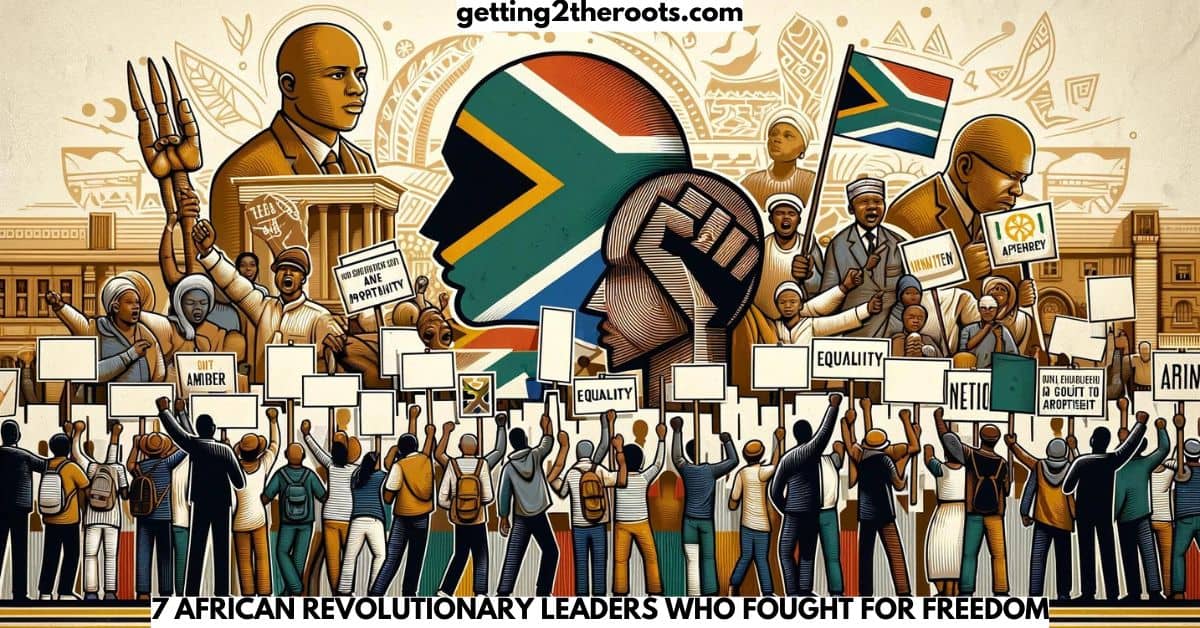
The Role of the Black Consciousness Movement Among African Revolutionary Leaders
He founded the Black Consciousness Movement, which aimed to empower black people. And rebuild their sense of identity that apartheid had tried so hard to suppress.
This movement wasn’t just about protests; it was about changing how black people viewed themselves in a society that classified them as second-class citizens.
Steve Biko’s legacy is poignant and powerful. His untimely death at the age of 30, While in police custody, marked a tragic moment in South African history.
Yet, it sparked international outrage and brought significant global attention to the brutality of the apartheid regime. Biko became a martyr, a symbol of the struggle against apartheid.
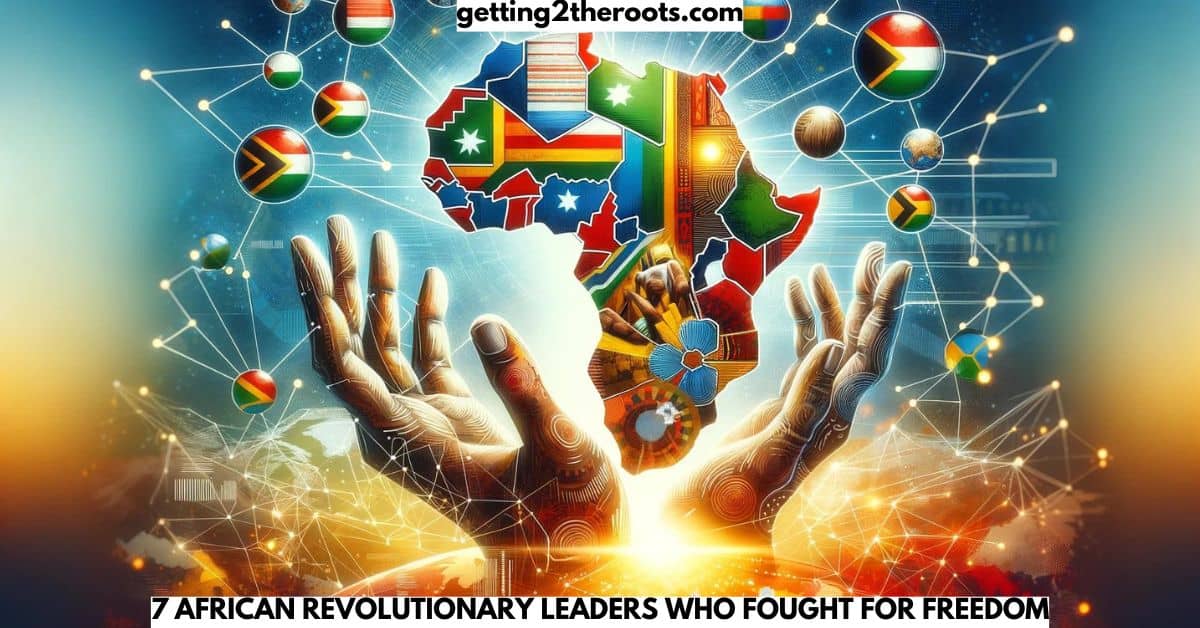
The Global Impact of Steve Biko’s Legacy on African Revolutionary Leaders
Steve Biko’s ideas lived on to inspire not just the end of apartheid but also to influence civil rights movements around the world.
Biko taught us that the greatest weapon against oppression is not violence but the strength of self-worth and unity.
His teachings continue to inspire generations to think critically about race, identity, and social justice. Biko’s legacy is one of unwavering courage, intellectual brilliance, and a deep commitment to justice.
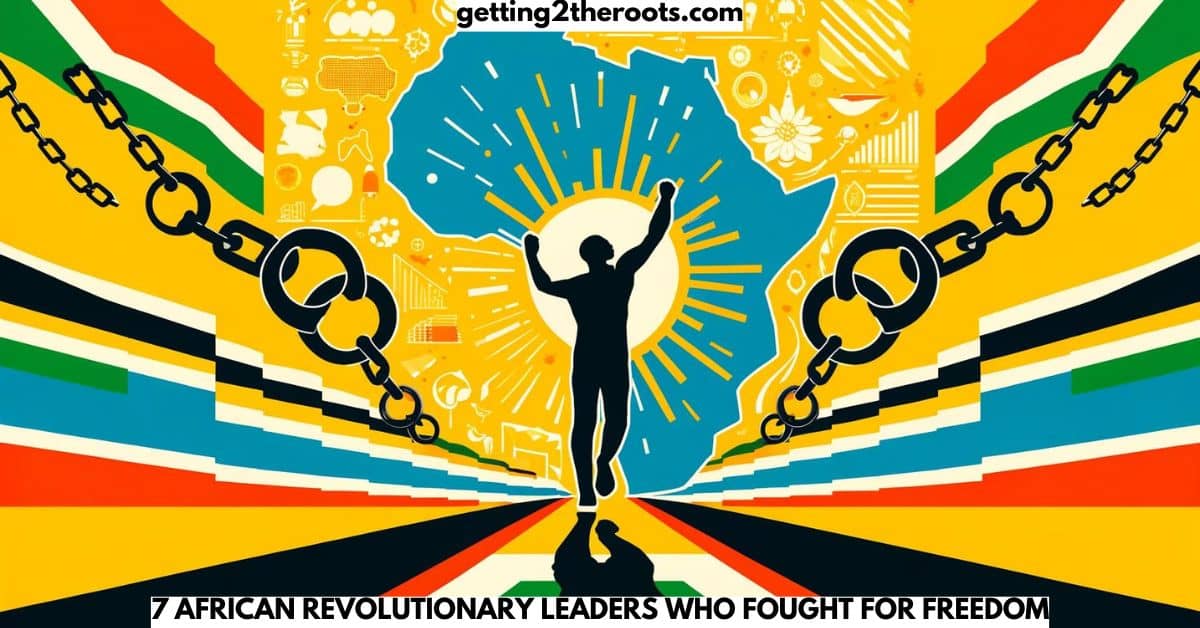
How Steve Biko’s Ideas Continue to Inspire African Revolutionary Leaders and Activists Worldwide
His message of self-love, self-worth, and resistance continues to inspire activists and individuals fighting for equality around the globe.
In the West, Biko was viewed as a powerful force against the apartheid regime, which was increasingly condemned by the international community.
His death at the hands of the police sparked outrage and galvanized support for the anti-apartheid movement.
Biko’s ideas about black consciousness and self-empowerment resonated with civil rights movements in the West, particularly in the United States, where the struggle for racial equality was ongoing.
His writings and speeches were widely circulated, and he became an icon of resistance against oppression and a symbol of hope for marginalized communities around the world
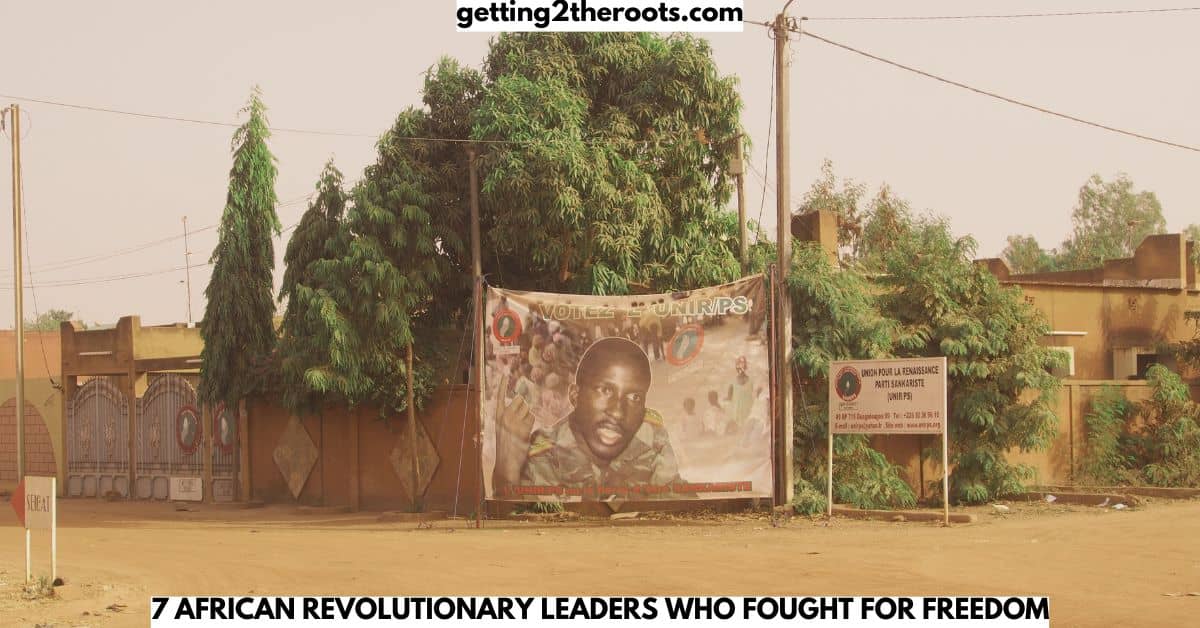
Assassinated in a coup in Burkina Faso
How Did African Revolutionary Leader Thomas Sankara Transform Burkina Faso?
Alright, buckle up, because this next leader is a true revolutionary! We’re talking about Thomas Sankara, the charismatic and visionary president of Burkina Faso.
Sankara was on a mission to completely transform his country from the ground up. He wanted Burkina Faso to stand on its own two feet, free from dependency on foreign aid and neocolonialism.
His dream was a country that was self-sufficient, equitable, and proud of its African identity. Sankara wasn’t just all talk; he put his words into action.
He implemented radical policies like land redistribution.
Sankara’s giving power back to the people who worked the land. He championed women’s rights, appointing women to key government positions and advocating for their education and empowerment.
And he waged a relentless war against corruption, cracking down on those who exploited the system.
Sankara’s bold vision and unwavering commitment to his people earned him the nickname “Africa’s Che Guevara.”
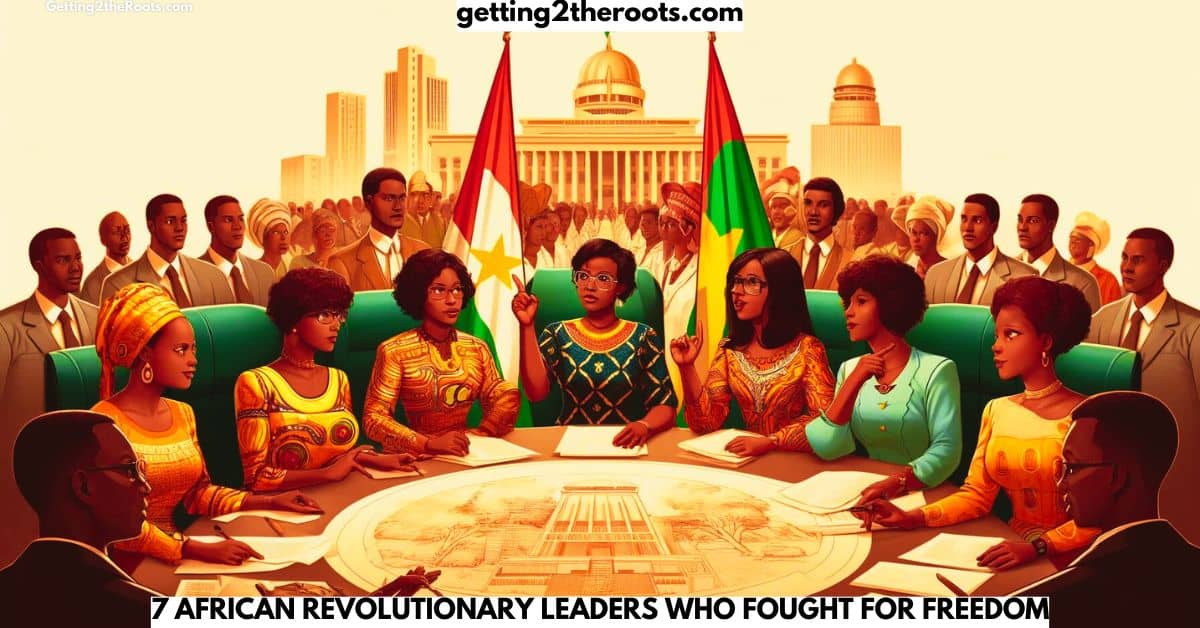
The Tragic End of Thomas Sankara’s Revolution
But tragically, his revolutionary journey was cut short.
Blaise Compaoré, a former comrade of Sankara, orchestrated the coup d’état that resulted in his death in 1987.
While the official reasons given for the coup were vague and varied, it’s widely believed that Compaoré and his supporters were motivated by a combination of personal ambition, political rivalry, and a desire to appease external powers who saw Sankara’s policies as a threat.
Compaoré’s regime reversed many of Sankara’s revolutionary reforms, aligning Burkina Faso more closely with the interests of France and international financial institutions.
This shift in policy suggests that Sankara’s assassination served the interests of those who sought to maintain the status quo and preserve their power and influence in Burkina Faso and the wider region.
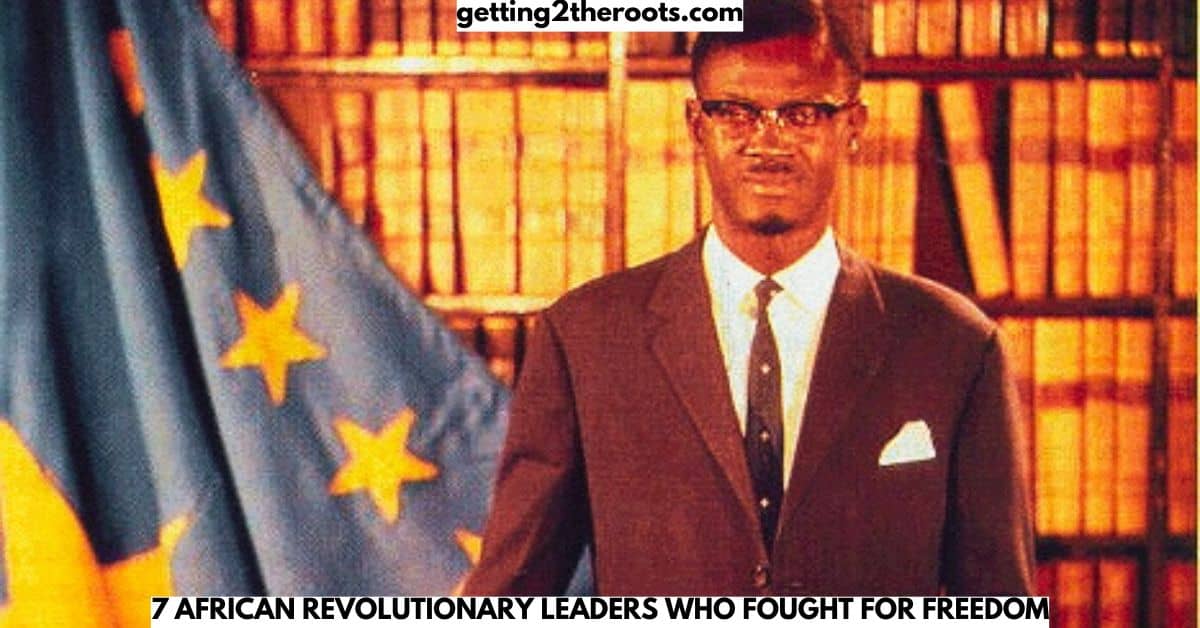
He was assassinated in a coup in the Democratic Republic of the Congo.
What Made Patrice Lumumba an Iconic Leader in the Fight for Congo’s Independence?
Patrice Lumumba’s Vision for an Independent and Sovereign Congo
Now, let’s turn our attention to one of the most iconic figures in African history, Patrice Lumumba. This man wasn’t just a leader; he was a symbol of hope and defiance for a nation yearning for freedom.
Lumumba’s mission was clear and unwavering: to achieve independence for Congo and unite its people, freeing them from the clutches of Belgian colonial exploitation.
- Lumumba envisioned a Congo that was strong, prosperous, and truly sovereign.
- His rise to power was meteoric.
- In 1960, Lumumba became the Congo’s first democratically elected Prime Minister.
- This is a testament to his popularity and the people’s trust in his leadership.
- He had a powerful voice and a passionate commitment to his country’s future.
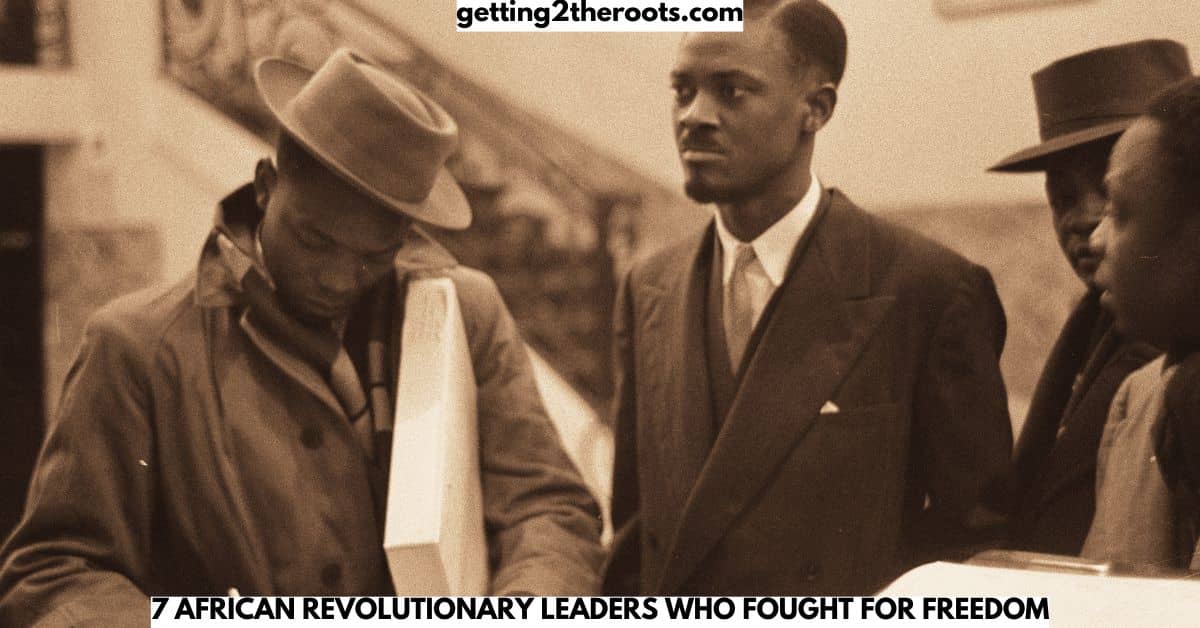
The Assassination of Patrice Lumumba and Its Impact on Congo
Lumumba’s tenure was short-lived, as he was assassinated in a coup backed by Belgian authorities and the United States in January 1966, just months after taking office.
Fears that Lumumba’s socialist leanings and determination to assert Congo’s independence from Western influence posed a threat to Western interests in the resource-rich country served as the driving force behind the coup.
After receiving severe beatings, Lumumba received a firing squad execution as a final punishment. His body was then dismembered and dissolved in acid, in an attempt to erase all traces of his existence.
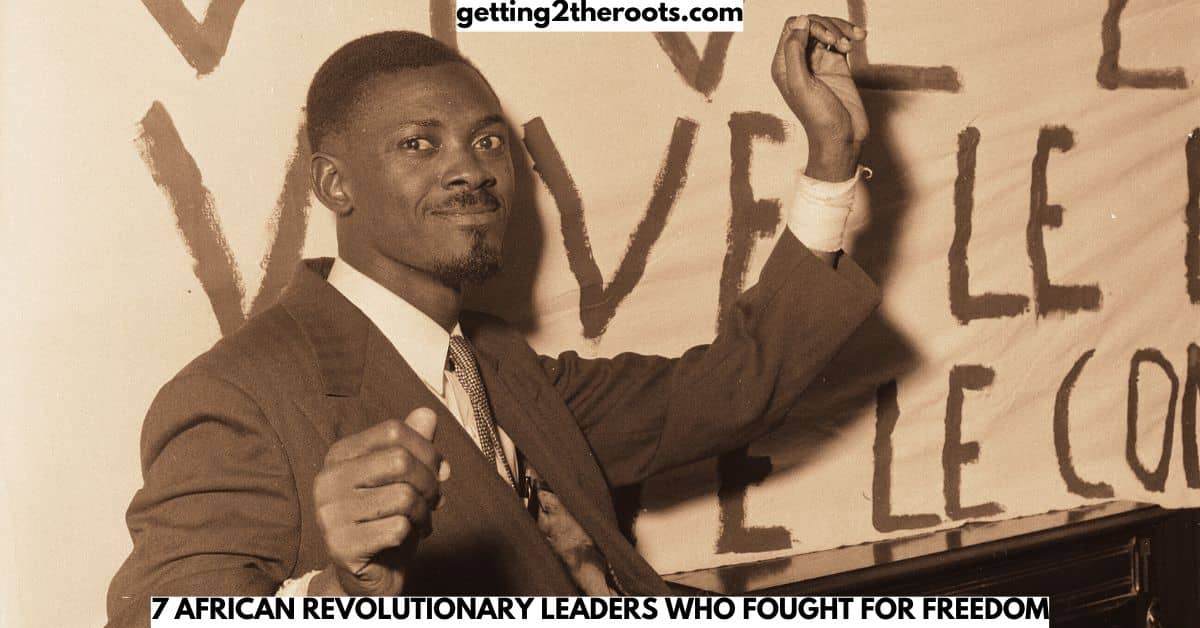
The Legacy of Patrice Lumumba Among African Revolutionary Leaders
In the West, particularly in Belgium and the United States, Lumumba was viewed as a dangerous radical.
These political ideologies aligned too closely with the Soviet Union during the Cold War era.
The Western powers saw him as a potential threat to their access to the Congo’s vast mineral wealth.
Including uranium, which was strategically important.
Despite these worries, many people in the West strongly condemned Lumumba’s assassination as a flagrant violation of human rights and a subversion of the Congo’s democratic process.
His death became a rallying cry for anti-colonial movements across Africa and a symbol of the West’s interference in the affairs of newly independent nations.
In retrospect, Lumumba’s vision of a united, self-determined Congo free from foreign exploitation has been recognized as a legitimate aspiration.
And his brutal assassination has been acknowledged as a tragic chapter in the history of decolonization.
His legacy has inspired generations of African leaders and activists fighting for true independence and self-governance.
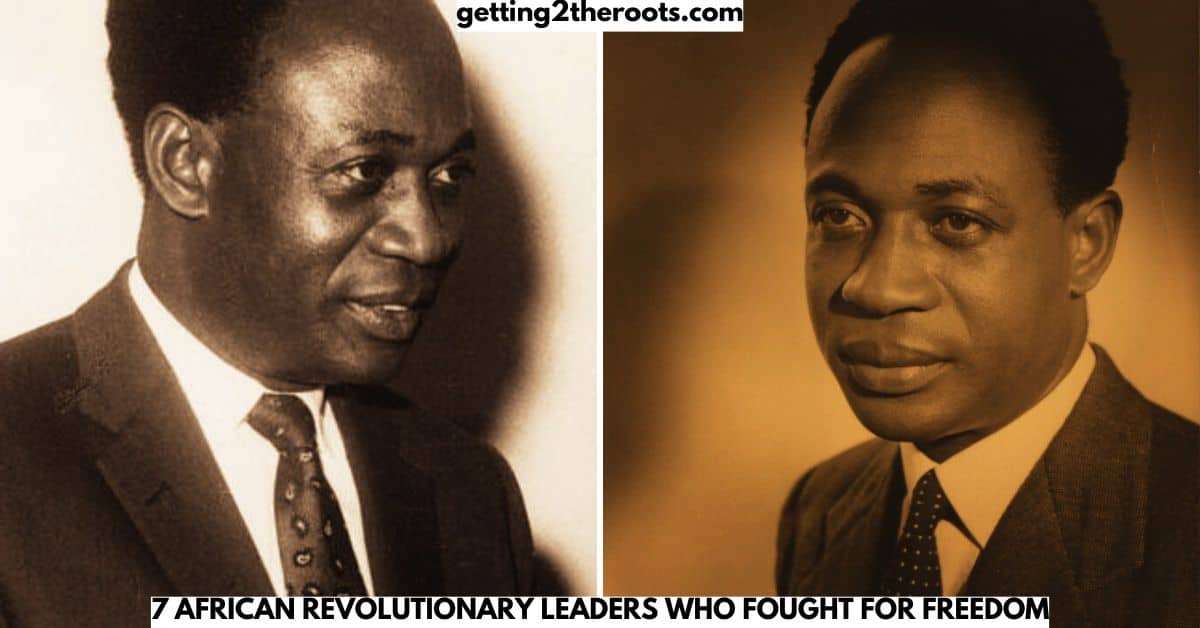
Died in exile in Romania.
How Did Kwame Nkrumah Shape the Pan-African Movement and Ghana’s Independence?
Kwame Nkrumah’s Vision for a United Africa and Pan-Africanism
And finally, we arrive at one of the most influential figures in the entire Pan-African movement, Kwame Nkrumah. This man was a visionary, a trailblazer, and a tireless advocate for a united Africa.
Nkrumah’s mission was ambitious and far-reaching.
He believed that the true liberation of Africa could only be achieved through unity, solidarity, and cooperation among all its nations.
Nkrumah saw the potential for a united Africa to become a global powerhouse, free from the shackles of colonialism and neocolonialism.
His work was instrumental in bringing this vision to life. Nkrumah led Ghana to independence in 1957,
Becoming the country’s first prime minister and later its president.
But his ambitions extended beyond Ghana.
He was a key advocate for the formation of the Organization of African Unity (OAU). A landmark achievement in the Pan-African movement.
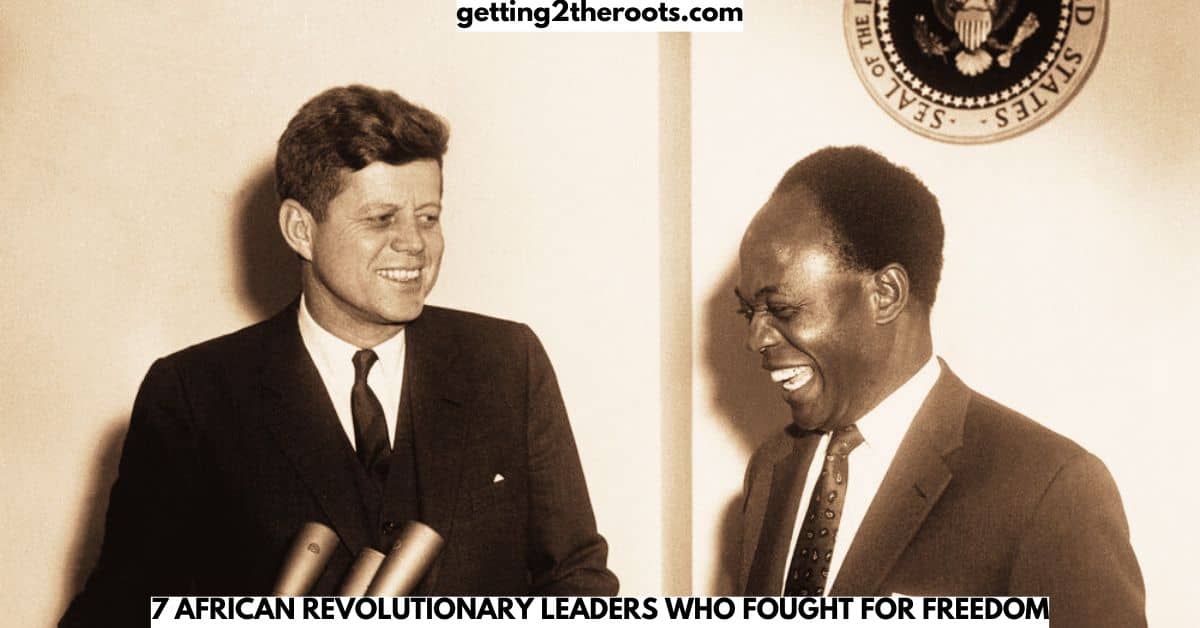
The Lasting Legacy of Kwame Nkrumah in the Pan-African Movement
Nkrumah’s legacy is one of immense vision, unwavering determination, and a deep commitment to the African continent.
Nkrumah is remembered as a towering figure who inspired generations of activists and leaders across Africa and the diaspora.
His ideas about Pan-Africanism continue to resonate today, as the continent grapples with the challenges of unity, development, and self-determination.
Nkrumah’s story is a testament to the power of dreams and the transformative impact of visionary leadership.
He showed us that even the most ambitious goals can be achieved through unwavering belief, collective action, and a relentless pursuit of justice.
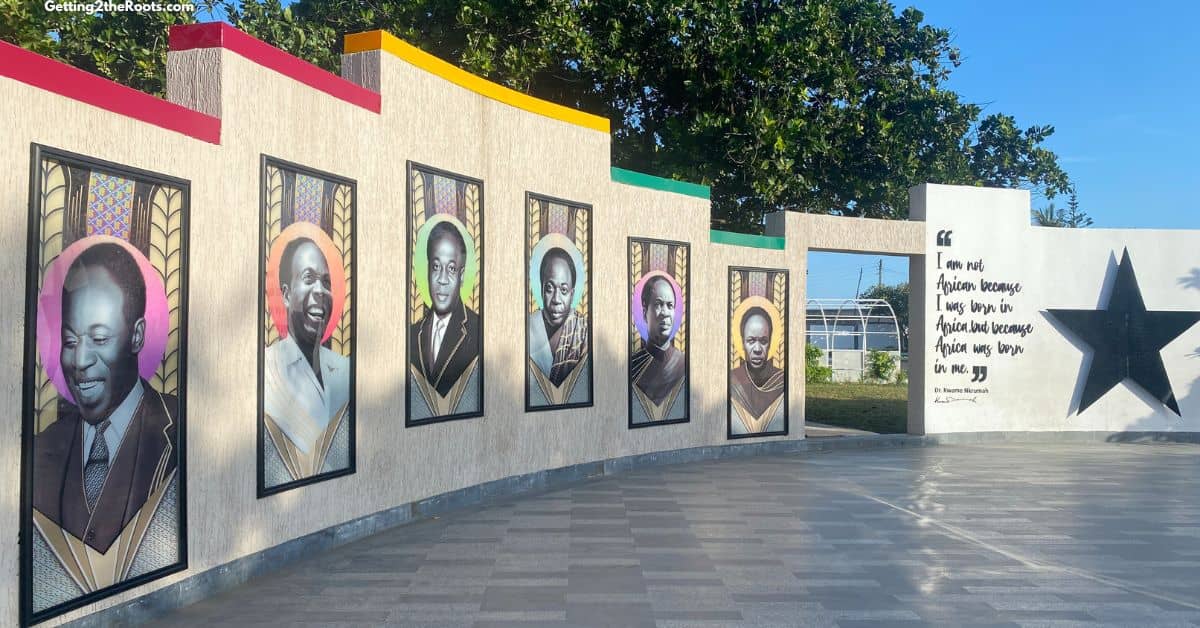
How Western Powers Reacted to Kwame Nkrumah’s Pan-African Ideals
The West, particularly the United States and the United Kingdom, viewed Kwame Nkrumah with suspicion and unease.
His Pan-African ideals and socialist policies clashed with their Cold War interests and desire to maintain influence in post-colonial Africa.
They saw Nkrumah as a potential ally of the Soviet Union and a threat to Western economic interests in the region.
His advocacy for a united Africa, free from eocolonialism, further fueled their concerns. Despite these tensions, Nkrumah remained a popular figure in Ghana and a leading voice in the Pan-African movement.
However, his policies faced domestic challenges, and he was eventually overthrown in a military coup in 1966. Nkrumah lived the rest of his life in exile, first in Guinea and later in Romania, where he died in 1972.
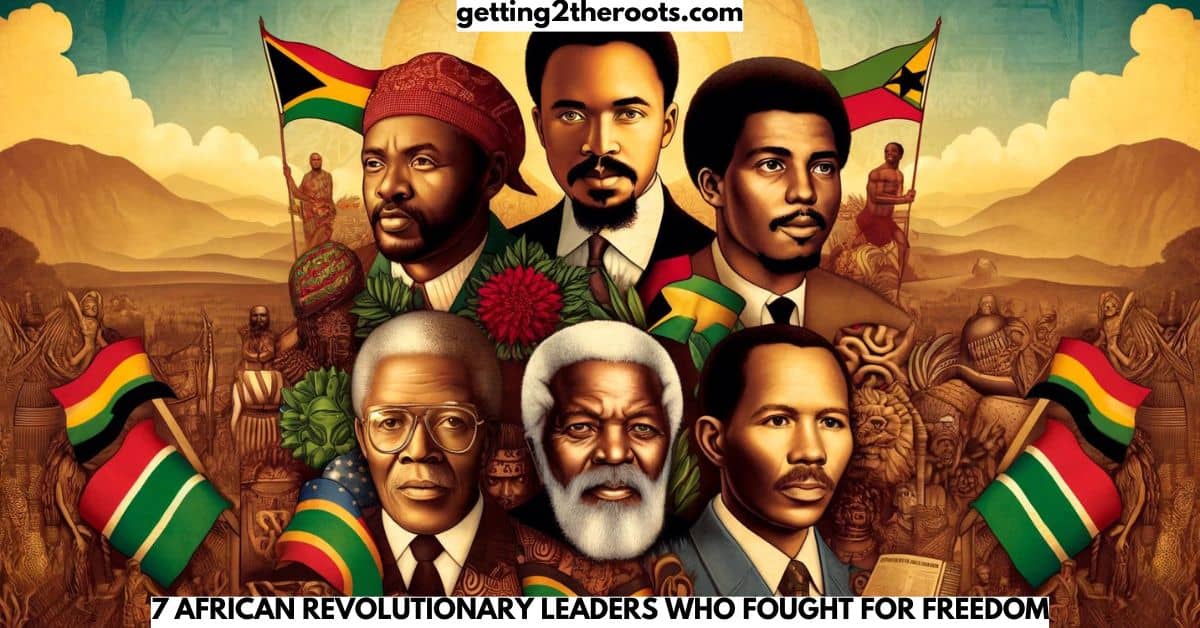
Conclusion: 7 African Revolutionary Leaders
As we reflect on the lives and legacies of 7 African Revolutionary Leaders, it is obvious that, despite being unique, their journeys shared a relentless pursuit of justice and equality for their people.
From Patrice Lumumba’s fight for Congo’s sovereignty to Thomas Sankara’s transformative vision for Burkina Faso, each leader used diverse strategies to challenge the status quo and inspire change.
But their paths were not without immense challenges.
These leaders faced fierce opposition, not only from within their own countries but also from powerful Western nations like the United States and Europe.
These powers, driven by their own economic and political interests, often undermined and even orchestrated the downfall of those who dared to stand up for their people’s freedom.
Each of these seven leaders ultimately paid the ultimate price for their convictions, losing their lives in the pursuit of liberation.
Lumumba was assassinated, Nkrumah died in exile, Biko was murdered in police custody, and others met tragic ends.
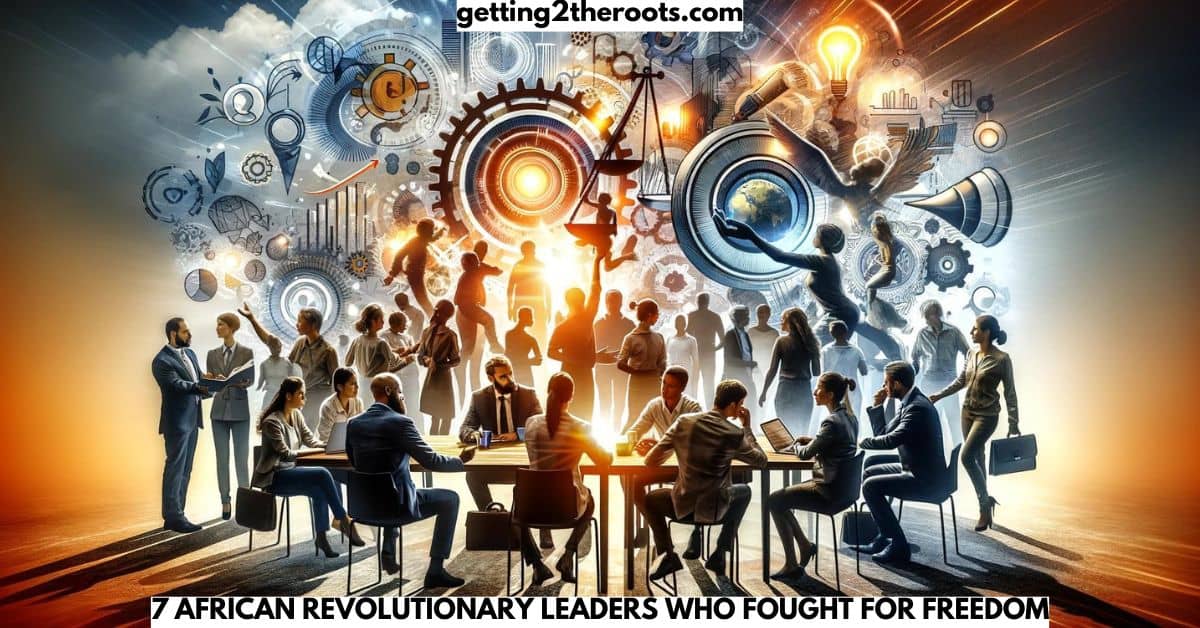
Their fates serve as a stark reminder of the high stakes involved in the fight for freedom and the lengths to which those in power will go to maintain their control.
It’s crucial to remember that the narratives surrounding these leaders, especially those spread by Western powers who frequently distort the truth.
Their accusations of radicalism, communism, or instability should be taken with a grain of salt. As they often served as convenient excuses to undermine their legitimate aspirations for independence and self-determination.
Their stories do more than recount historical events, they serve as powerful beacons of hope and resilience for current and future generations.
As we carry forward these African Revolutionary Leaders legacy, let us draw inspiration from their courage and unwavering commitment to a just world.
Let their lives encourage us to continue the fight for justice and equality in our own communities and across the globe.
Image Credit: Photo by Creative Commons on Wikimedia Commons
Dive Deeper into Black History: Explore and Learn with Us

Are you eager to dive deeper into the rich tapestry of Black history and its impact on our world today? Explore the category here: Black History in Motion
I invite you to explore the “Black History in Motion” category on my website, “Unveiling History,” where we uncover crucial historical events, from reparation rights to the contributions of Black inventors and the harrowing realities of the Atlantic Slave Trade.
This section is dedicated to honoring the resilience and achievements that have shaped society, providing you with valuable resources to gain a deeper understanding of our past.
Don’t stop there! Head over to my YouTube channel and check out the “Black History in Motion” playlist for engaging videos that bring these stories to life.
Together, let’s educate, inspire, and celebrate the incredible legacy of Black history. Watch the playlist here: Black History in Motion Playlist
FAQs: 7 African Revolutionary Leaders
- Who was Amílcar Cabral? Amílcar Cabral was a revolutionary leader who fought for the independence of Guinea-Bissau and Cape Verde from Portuguese colonial rule. His leadership and ideas continue to inspire movements for liberation worldwide.
- What was Samora Machel’s role in Mozambique? Samora Machel led Mozambique to independence from Portugal and became its first president, implementing socialist policies to improve the lives of his people. His support for anti-apartheid movements made him a significant figure in African liberation.
- Why was Hissène Habré controversial? Hissène Habré was controversial due to his regime’s widespread human rights abuses, including torture and unlawful killings in Chad. His trial and conviction marked a significant moment in the fight against impunity for human rights violations.
- What was Steve Biko known for? Steve Biko was known for founding the Black Consciousness Movement in South Africa, which empowered black people under apartheid. His ideas and tragic death continue to inspire global movements for racial equality.
- What were Kwame Nkrumah’s contributions to Africa? Kwame Nkrumah led Ghana to independence and was a key advocate for Pan-Africanism, promoting unity and cooperation among African nations. His vision for a united Africa remains influential in contemporary efforts towards regional integration.
